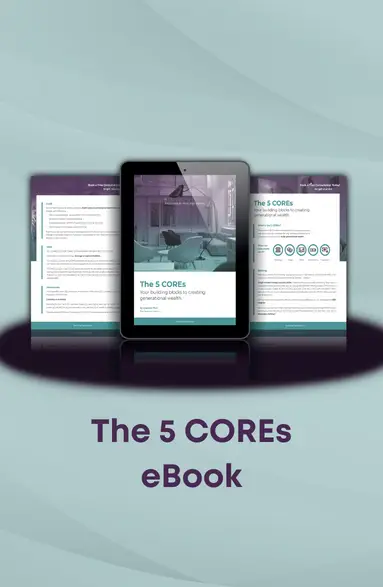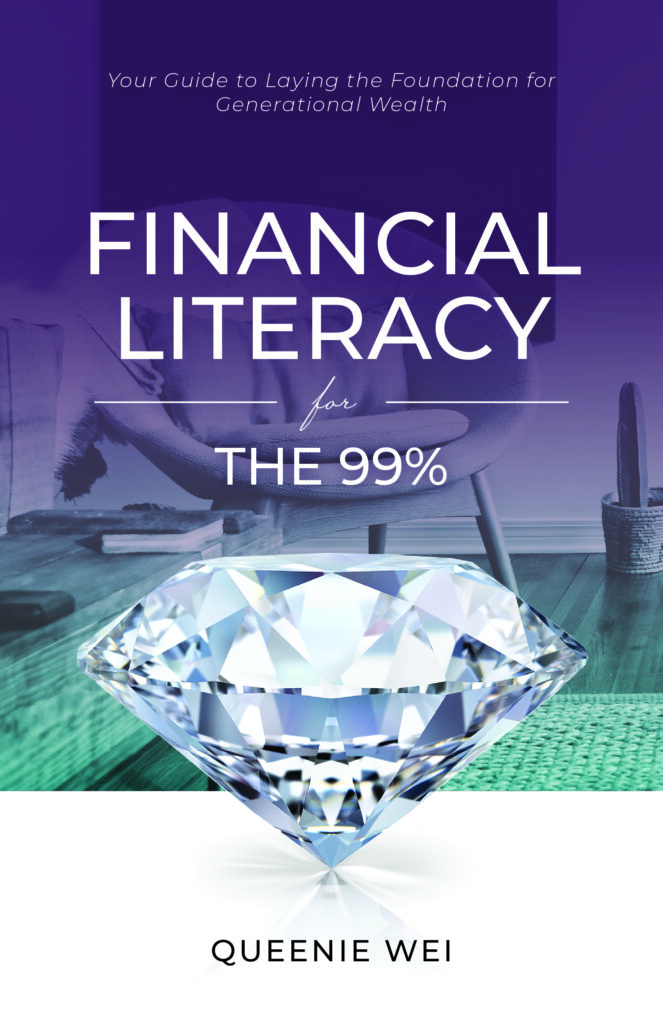Having bad credit can feel like a dark cloud looming over your head. I’ve been there, trust me. But don’t lose hope just yet because there are actually several credit cards tailored for people with bad credit.
In this article, we will be discussing the 4 best credit cards for bad credit to help you get back on your feet and rebuild your financial future.
Let me share a quick story with you. There was a time when I was making over 10K/month and still broke AF. I applied for multiple credit cards before realizing that my credit kept taking hits and had to endure the wait, which can be months or years before applying again.
But first, let’s make sure we’re strategic about our approach, as each credit application runs a credit check and each hard inquiry can deduct points from your current score. So, without further ado, let’s dive into the world of credit cards for those with bad credit.
What is Bad Credit
Bad credit is a term used to describe an individual’s credit history when they have had trouble paying their bills on time, defaulted on loans, or have a history of bankruptcy. This history is reflected in their credit score, which is a numerical representation of their creditworthiness. Generally, a credit score below 580 is considered “bad credit.”
The Best Credit Cards For Bad Credit
Bad credit can make getting approved for a traditional credit card feel like climbing Mount Everest. But fear not, my friends! There are credit card options available for those with bad credit. Here are the 4 best credit cards for bad credit:
- Mission Lane Visa Credit Card: With no security deposit required and a credit score eligibility as low as 300-670, this card is a great option for rebuilding your credit. The variable interest rate ranges from 26.99% to 29.99%, and the company may increase your credit limit after just 6 months of on-time payments. However, be aware of the potential annual fee of up to $59.
My take: If you’re in a situation where you don’t have the funds to put a security deposit down on a secured card, this is a great choice for you.
- Discover it Secured Credit Card: This credit card requires a security deposit with a minimum of $200 but offers 2% cash back on purchases and has no annual fee. With an APR of 27.24%, this card is a solid option for those looking to rebuild their credit. After 7 months of on-time payments, the company will automatically review your account to see if you might be eligible for an unsecured line of credit, and if approved, your deposit will be returned.
My take: Always go for the cashback if you can, it’s literally free money. I’ve personally taken advantage of this and it’s a great way to save on everyday expenses.
- Capital One Platinum Secured Credit Card: This card requires a security deposit between $49 and $200, has no annual fee, and an APR of 29.74%. After 6 months, the company will automatically review your account to see if you qualify for a higher credit limit without an additional deposit.
My take: Rebuilding credit sometimes requires hard work and starting from scratch. My husband had horrible credit at one point, and no joke, we took on a secured credit card with a deposit of $750. Yes, we had to save up just for this payment AND that was his top limit, a grand total of $750. It was tough, but necessary to make his credit shine again.
- OpenSky Secured Visa Credit Card: With an annual fee of $35 and the lowest APR at 21.64%, this card does not require a credit check! The company will review your account after 6 months of on-time payments to see if you qualify for their unsecured OpenSky Gold card. Plus, they offer flexible payment due dates to fit your schedule.
My take: This card is a great option for those who need flexibility with their payment schedule and want to avoid a credit check. It can also work for those who are short on funds and need payments to match their paydays.
The Best Tips For Improving Your Credit Score
Improving your credit score takes time, discipline, and patience. Keep up with your credit report, dispute any errors, and make timely payments on all your bills. Use a mix of different types of debt, such as installment loans and revolving lines of credit, to show lenders that you can handle various types of debt responsibly. And remember, financial literacy is a choice – you have the power to change your financial future.
The 5 Worst Things You Can Do To Your Credit Score
There are a number of things you can do that will tank your credit score, and some may be surprising. Here are the five worst things you can do to your credit score, along with some personal experiences and advice:
- Miss a payment – This is one of the most obvious ways to damage your credit score, but it’s also one of the easiest to avoid. Simply set up automatic payments or reminders so you never miss a due date again. If you can’t pay it off in full, that’s fine; we all have rough patches. BUT the one thing you can do in that scenario is to be extremely diligent in at least paying your statement on time! Trust me, I’ve had my share of late payments and it’s something I’ve had to learn from.
- Max out your credit cards – Having maxed-out credit cards hurts your credit utilization rate, which is calculated by dividing your total revolving debt by your total available revolving credit limit. In simple terms, it means how much you owe vs the total amount you have on all your cards combined. To keep this ratio low (and improve your score), make sure not to charge more than 30% of each card’s limit per month. Now, as great as this advice sounds, it’s actually not that achievable for many people. If you fall into the category of “I’m just trying to survive,” then my advice to you is to start small. If your credit is at 90% utilization, try lowering that to 80%. Remember, all financial advice is great, but you have to be honest with yourself and gauge your situation. No shame; we rode this line for a LOOONG time before we got to play the 30% credit utilization game.
- Apply for too much new credit in a timely manner – Every time you apply for a credit product (whether it be a credit card, personal loan, car loan, etc.), an inquiry is made on your report known as a hard pull or soft pull, depending on the type of application being submitted. The act of submitting many applications in a short period of time will signify to creditors that you are in need of funding, which can lead to you being declined or counteroffered with unfavorable terms. I’ve been there, and it sucks! Not only will multiple inquiries lower your score, but having an application denied could have an effect as well if too many applications are denied in your credit history. This is because it may look like you’re desperate for cash, which makes future lenders skittish since they don’t know whether you’ll be able to pay them back or not.
- Large outstanding balances – On revolving debts like credit cards, even if you pay the amount in full every month, carrying a big balance from month to month may give creditors cause for concern that perhaps you spend more than your income allows. We’re not saying you can’t spend your money and earn the points, but you have to be careful about your credit utilization. If you have big purchases that month, it’s still best to remain under 50% utilization, but if you want to continue building your credit, it’s best to keep your utilization under 30% on ALL credit cards. Or you can also be super anal like me and spend as much as you want but then make a payment to your credit card the VERY next day, lol. I’ve also done this… no shame. I was broke before, made some money, and got broke again… Like I said, until I built the discipline, it really didn’t matter how much money I made. Wealth is foundational; making lots of money without discipline is the quickest way to lose it.
- Close old unused accounts – While it seems counterintuitive, canceling payment history might actually work against you. This is because one of the factors used to calculate your credit report is your credit history. The length of time you own a card – even if it’s never used – still matters. If you absolutely cannot stand this, you are more than welcome to cut up the card and never use it, but do yourself a favor and don’t go removing it from your credit history. I’ve learned this the hard way and now I make sure to keep those old accounts open, even if I don’t use them.
Remember, financial literacy is a choice, and you have the power to change your financial future. Be mindful of these pitfalls and take steps to avoid them while you’re rebuilding your credit.
How To Choose The Right Credit Card For You
When choosing a credit card, consider your spending habits, what you want to use the card for, and the features that are most important to you, such as rewards or low-interest rates. Take the time to read the fine print and compare different options before making a decision. I still do this with every credit card I have or each time they send me a new agreement because of a change they’ve made. I want to know what I’m signing.
My Final Thoughts
Choosing the right credit card when you have bad credit can be a crucial step in rebuilding your financial future. Remember, we all have times when we struggle, and there’s no shame in reaching out for help. At Soul Vibe Capital, we’re here to support you through your financial journey. Get on the waitlist today and join our community of like-minded individuals striving for financial literacy and empowerment.






